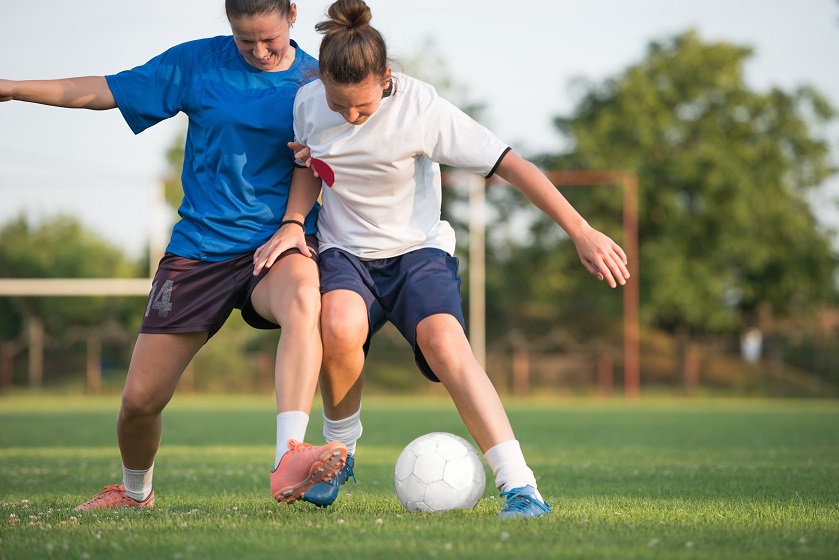
The NU Moves team recently did a masterclass session into the research associated with ACL tears and reconstructions. The questions we raised were based on a randomised trial published in BMJ in 2013 and several papers this year from Assoc Prof Richard Frobell and collaborates*.
Do you always need to have an ACL reconstruction?
Surgical repair of the ACL depends on the presence of instability and your specific goals. If you want to play sport involving change of direction (football, netball, basketball, etc) then surgery is recommended. However, having surgery in all cases is not as clear as it was 10 years ago. If you only want to walk and cycle then in some cases it’s possible to rehab the knee to an adequate level of stability. Persistent feelings of instability or giving way after rehab would warrant consideration of surgical intervention in any case, even if you don’t want to play sport.
When is the best time to have an ACL reconstruction post injury?
Current evidence clearly shows better outcomes are achieved if the patient undergoes an initial period of rehab prior to surgical intervention, deciding when and whether to have ACL surgery can be made once you have completed your rehab. A 12-week rehab period should be used to reduce swelling and regain strength and stability.
What should you do before ACL reconstructive surgery?
You must have a physiotherapy assessment and intervention. When we refer to rehabilitation following an ACL injury it involves strategies directed at reducing pain and swelling from the initial injury; regaining mobility and muscle length; and mostly importantly strengthening all the muscles of the legs to provide stability at the knee. These factors are the most relevant factors influencing your functional outcome, should you undergo ACL reconstruction.
Do you need to have an MRI?
Yes. If you have a suspected ACL tear then you should have an MRI to investigate, your doctor or physiotherapist can arrange this. The extent of ACL injury and other cartilage damage that can occur with ACL injuries are best identified via MRI. If there is significant meniscal or other cartilage damage then it needs to be considered relative to the rehab management and sometimes earlier surgery.
Do you always need to see an orthopaedic specialist?
Yes. They are the specialists of ACL surgery. Alternatively you could see a sports physician for a non-surgical opinion. There is now debate around the prevention of arthritic changes in the knee by undergoing ACL reconstruction surgery, evidence of its effectiveness is still valid but not as clear cut as it was 10 years ago. Studies over longer periods of time are still required to fully answer the question of whether surgery is better than conservative rehabilitation to delay or avoid arthritic change in the ACL injured knee. Getting a good orthopaedic opinion relative to your injury and goals is advised. For isolated ACL injuries it is now clear that better outcomes are achieved after a 3 month pre operative rehab period. So get the rehab started and then organise an orthopaedic referral at a time that suits you.
If you have any questions or have injured your ACL contact us to organise a time to start your rehab. Read more about knee rehab here.
* Articles reviewed:
- Treatment for acute anterior cruciate ligament tear: five year outcome of randomised trial. Frobell et al. BMJ Jan 2013.
- Lower extremity performance following ACL rehabilitation in the KANON trial. Ericsson et al. Br J Sp Med 2013.
- Delaying ACL reconstruction and treating with exercise therapy alone may alter prognostic factors for 5 year outcome. Filbay et al. Br J Sp Med 2017.
- Surgical reconstruction of ruptured ACL prolongs trauma induced increase of inflammatory cytokines in synovial fluid. Larsson et al. Osteoarthritis and cartilage 2017
